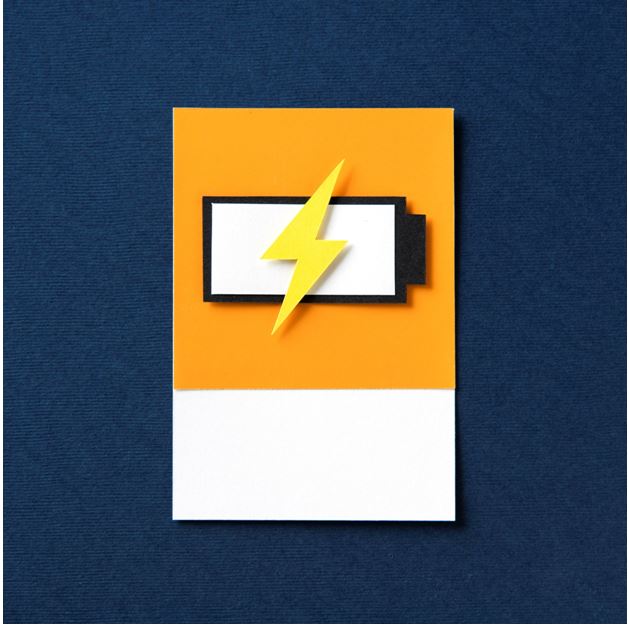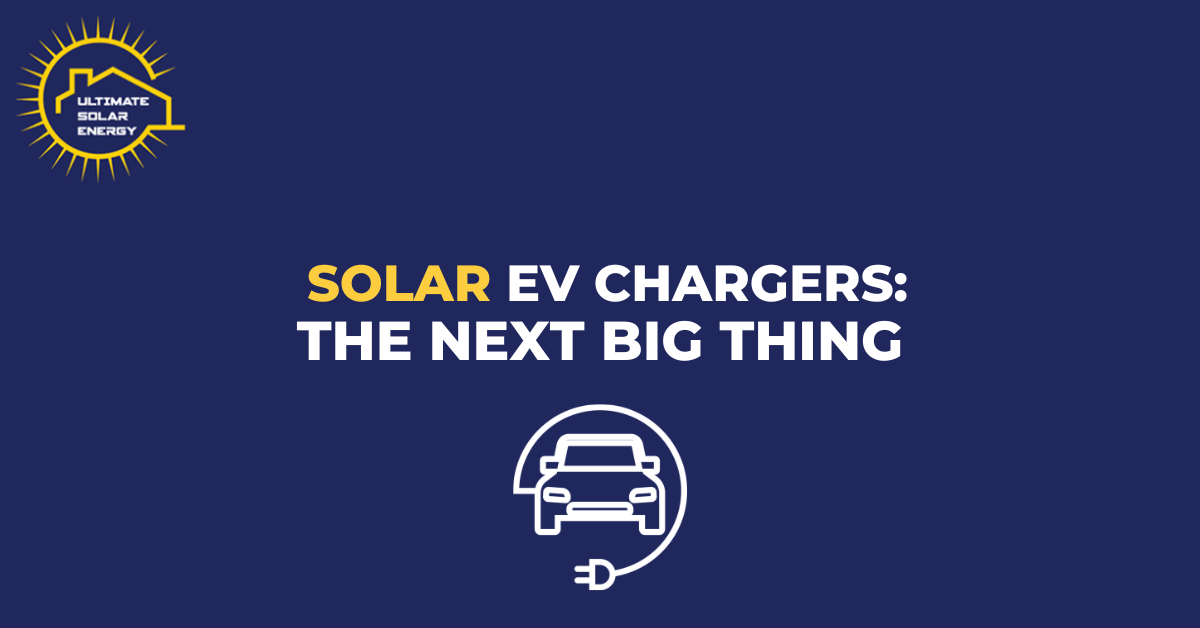Solar EV Chargers: The Next Big Thing
Solar EV Chargers: The Next Big Thing
Global climatic changes are getting more destructive with time, and at this point, every renewable clean energy alternative is a breath of fresh air for the environment and earth. Fortunately, sustainable energy solutions like solar technology are changing the energy sector drastically. The automotive industry is also contributing to eco-friendly products and experiencing a transformative shift towards electric vehicles (EVs).

As EVs gain popularity as an eco-friendly mode of transportation, the need for well-developed electric charging infrastructure is also extending. So, solar EV chargers are the next big thing in the era of electric transportation.So, lets and explore some aspects of solar EV chargers!
What Are Solar EV Chargers?
Solar electric vehicle chargers are devices that work like a fuel pump for EVs. The great thing about solar EV chargers is that solar power consumers can set them up at home, unlike conventional fuel pumps! Solar EV chargers can easily be connected to solar PV systems and allow users to charge their electric cars with solar energy.

Types of Home Solar EV Chargers
There are two residential solar EV chargers: Type 1 And Type 2. Each plays a different role in EV charging.
- Type 1 EV Charger (Up to 2.4kW)
Type 1 EV charger is the simple one that plugs into mains sockets and starts charging at around 1.4kW – 2.4kW output. It utilizes AC electricity to charge directly from the main solar power system. Depending on the battery size, these EV chargers take 12 to 36 hours to fully recharge.
- Type 2 EV Charger (Up to 7.2kW)
Type 2 home EV chargers are popular ones and solar users can charge up to 7.2kW output which is extensively faster as compared to Type 1. It also uses AC power. It is compact and space efficient as it gets installed on a wall box and gets connected to a switchboard. Depending on EV battery size, standard single-phase wall-mounted chargers take 8 to 10 hours to get fully recharged.
- Type 3 or Commercial EV Charger (Up to 50kW)
These are the common EV chargers, you have seen at roadside EV charging stations. These chargers use DC power which needs more safety regulations. It charges the EVs within no time, but such technology is not available for domestic use.
Solar EV charging Time
Normally, standard home solar EV chargers give an output of 7kW of power. It means standard-sized batteries like 40kW take almost 6 hours in full charging. Comparatively, large batteries with 64 kW power take approx. 9 hours for complete charging. At this point, it is significant to understand that the last few percent of charging is slow, and after 80%, the charging takes a few more minutes before 100%. The slow charging process protects EV electronics and improves their lifespan.
Latest Technology: Solar EV Charger + Solar Inverter
It’s good news that solar technology is evolving and now solar consumers can utilize solar EV chargers with built-in solar inverters. The unique feature of this technology is its ability to directly charge from rooftop solar, eliminating the need for separate EV chargers. It is also cost-effective as it reduces the expense of additional wiring and potential electrical upgrades. However, it is essential to install it near a vehicle or in a garage.
SolarEdge stands out as a leading innovator in this technology, offering devices that allow users to charge exclusively from solar power or both from solar and the grid simultaneously, achieving charging rates of up to 7.4kW. The integrated approach is particularly beneficial for people who want to combine solar energy and an EV charger while also having smart home control capabilities.
How Solar Panels Required for Solar EV Chargers?
The best answer is – it entirely depends upon the solar EV charger’s power rating, sunlight availability, and the energy requirements of the electric vehicle. To calculate the required panels, determine the EV charger’s daily energy consumption, consider solar panel efficiency and losses, and factor in the average solar irradiance at the location. Consulting a solar energy professional is recommended for a precise assessment and a customized solar system design that efficiently meets your EV charging needs.
Solar EV Chargers Compatibility with Existing Solar System
Solar EV chargers can be compatible with existing solar systems if there is enough spare capacity and the inverter can handle the combined load. Energy management and battery storage (if available) can optimize the charging process. Upgrading the solar system might be necessary for proper compatibility.
Final Thoughts
Solar EV chargers are a promising solution for an eco-friendly future. It is indeed an excellent investment with a good ROI. So, it is high time to consider such profitable investments because the federal and state governments are offering solar rebates that will be going to end soon.
At Ultimate Solar Energy, we make your decision-making process so simple. We design customized solutions based on your requirements, using only the most premium products.
Get a Free Quote now!

